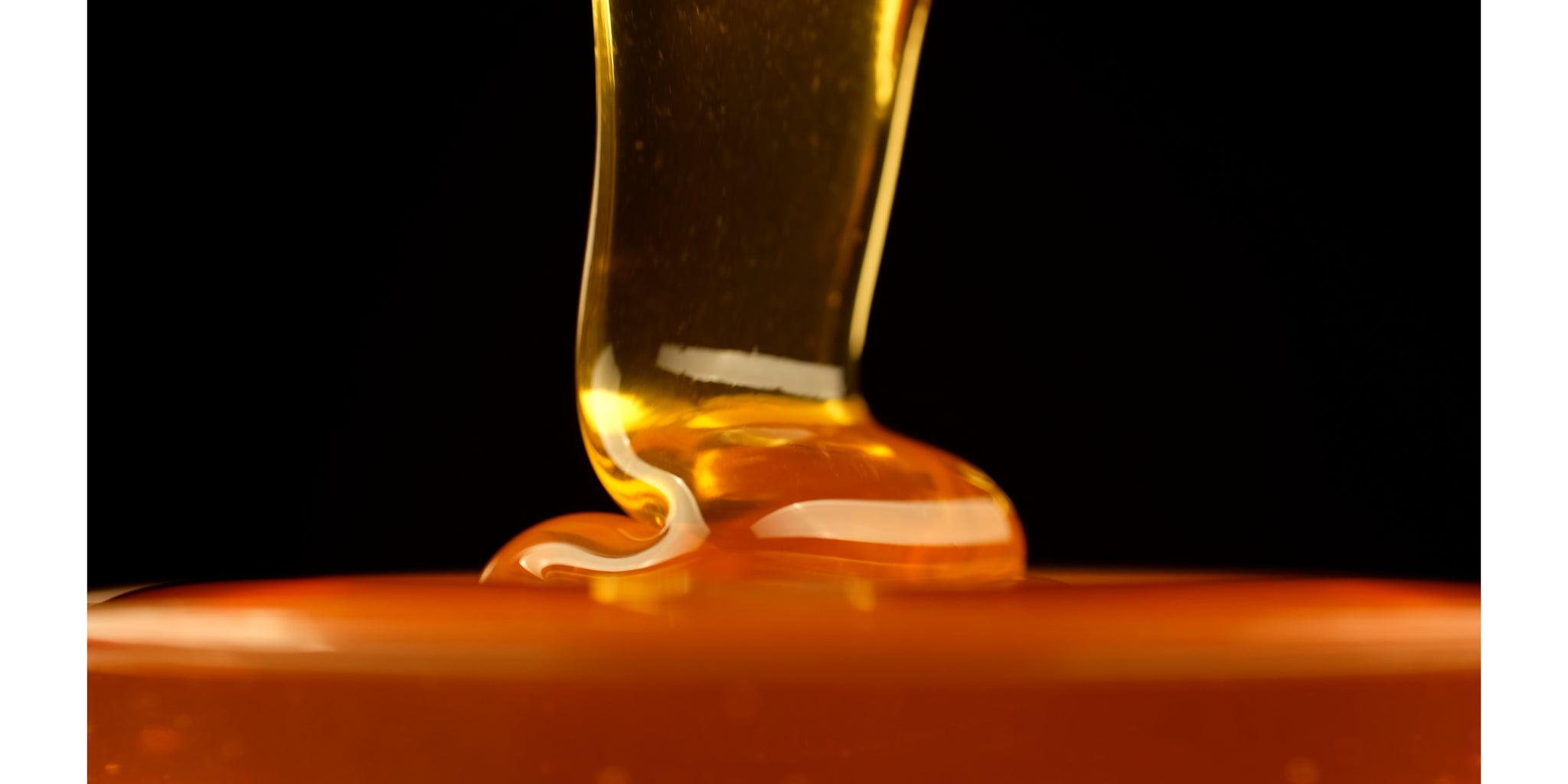Your Cart is Empty

YOU'RE BEING DECEIVED
As a nutritionist and a beekeeper's daughter, I grew up withstrong values of honesty, trust, and integrity. Recently, alarming revelations have surfacedregarding the adulteration of honey by certain unscrupulous companies, shedding light on a darker side of the sweet nectar.
THE REALITY OF ADULTERATED HONEY: A DECEPTIVE PRACTICE UNVEILED
Honey, a beloved sweet indulgence, is not always as pure as it appears. Some suppliers engage in the unethical practice of adulterating honey by incorporating cheaper additives like corn syrup or sucrose syrup.
This adulteration serves two primary purposes:
HOW MUCH HONEY IS FAKE?!
Research conducted by Smith et al. (2024) has exposed alarming rates of honey adulteration, with pure honey samples increasingly contaminated with sucrose syrup over time. These findings underscore the prevalent and concerning nature of fraudulent practices within the honey industry.
FAKE HONEY IN CANADA?
A recent report by the Canadian Food Inspection Agency (CFIA) in 2023revealed that more than 22% of honey samples tested in Canada were taintedwith cheaper sugars such as rice and sugar cane syrup. This revelation highlights the pressing need to address the purity and integrity of honey products available to consumers, especially amidst the influx of fake honey into the Canadian market.
CHALLENGES FACED BY LOCAL BEEKEEPERS
The infiltration of adulterated honey poses significant challenges for local beekeepers, who struggle to compete against the pricing pressures exerted by counterfeit honey imports. The undercut prices of adulterated honey jeopardize the livelihoods of legitimate honey producers, emphasizing the urgency of consumer awareness and support.
WHAT TO LOOK FOR TO AVOID FAKE HONEY
Choosing quality over quantity, consumers areadvised to seek raw, unpasteurized honey sourced directly from beekeepers to ensure authenticity and purity. By scrutinizing labels for indicators of rawness and purity, such as raw, unpasteurized, and 100% real honey, individuals can savor the genuine essence of this sweet delicacy while championing ethical practices within the honey industry.
REFERENCES:
ABOUT THE AUTHOR: Angela Van Alten/Ysseldyk is a second-generation entrepreneur and co-owner of Dutchman’s Gold. She is the eldest daughter of John and Annie Van Alten, Dutchman's Gold founders. Angela is a Certified Nutritional Practitioner and holds a degree in Business. She has worked with some of Canada's top vitamin brands in various roles over the last 25 years, helping Canadians achieve optimal wellness. Her mission is to empower people to have an extraordinary life, while spreading Beehive Goodness at Dutchman's Gold..